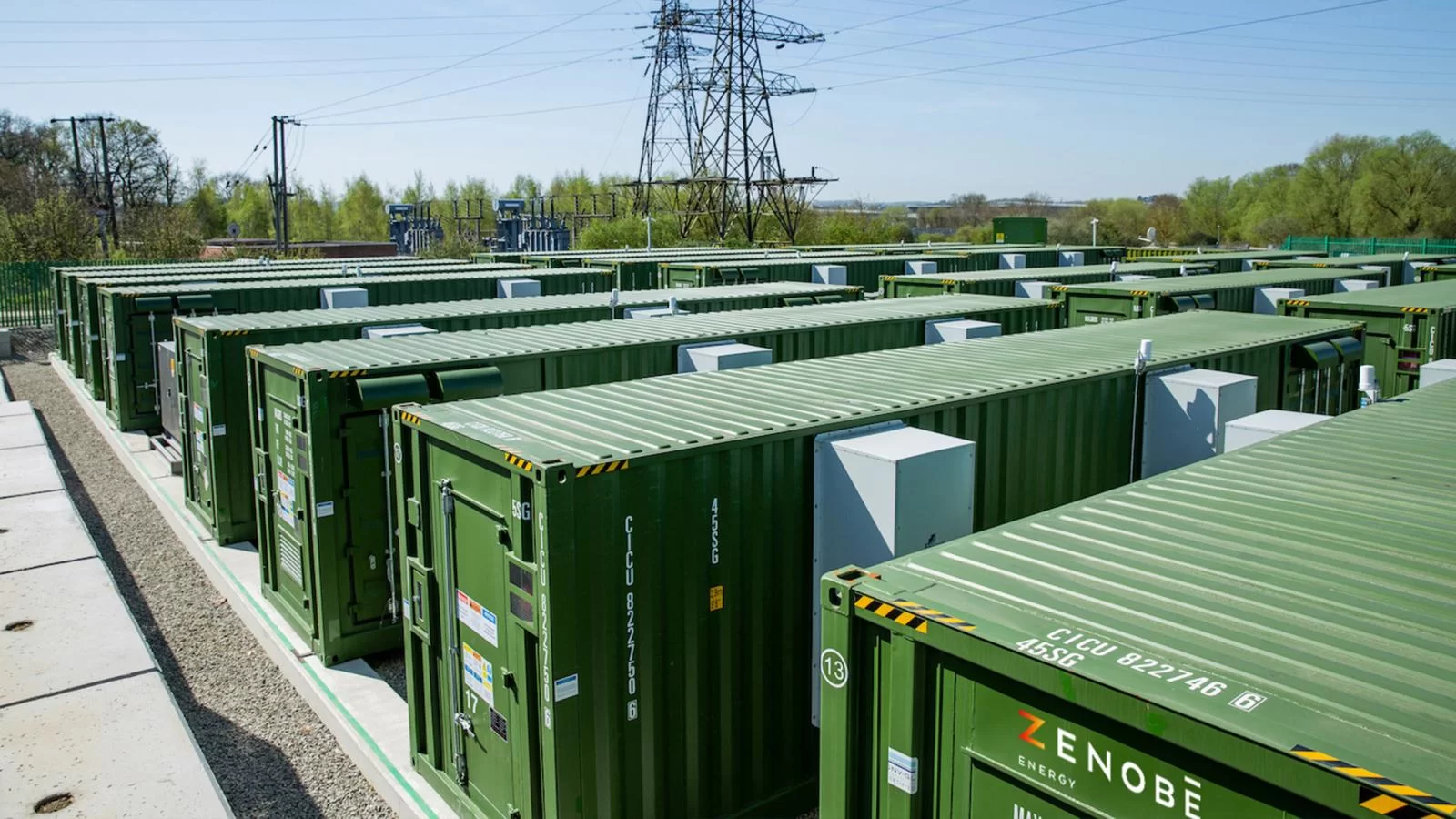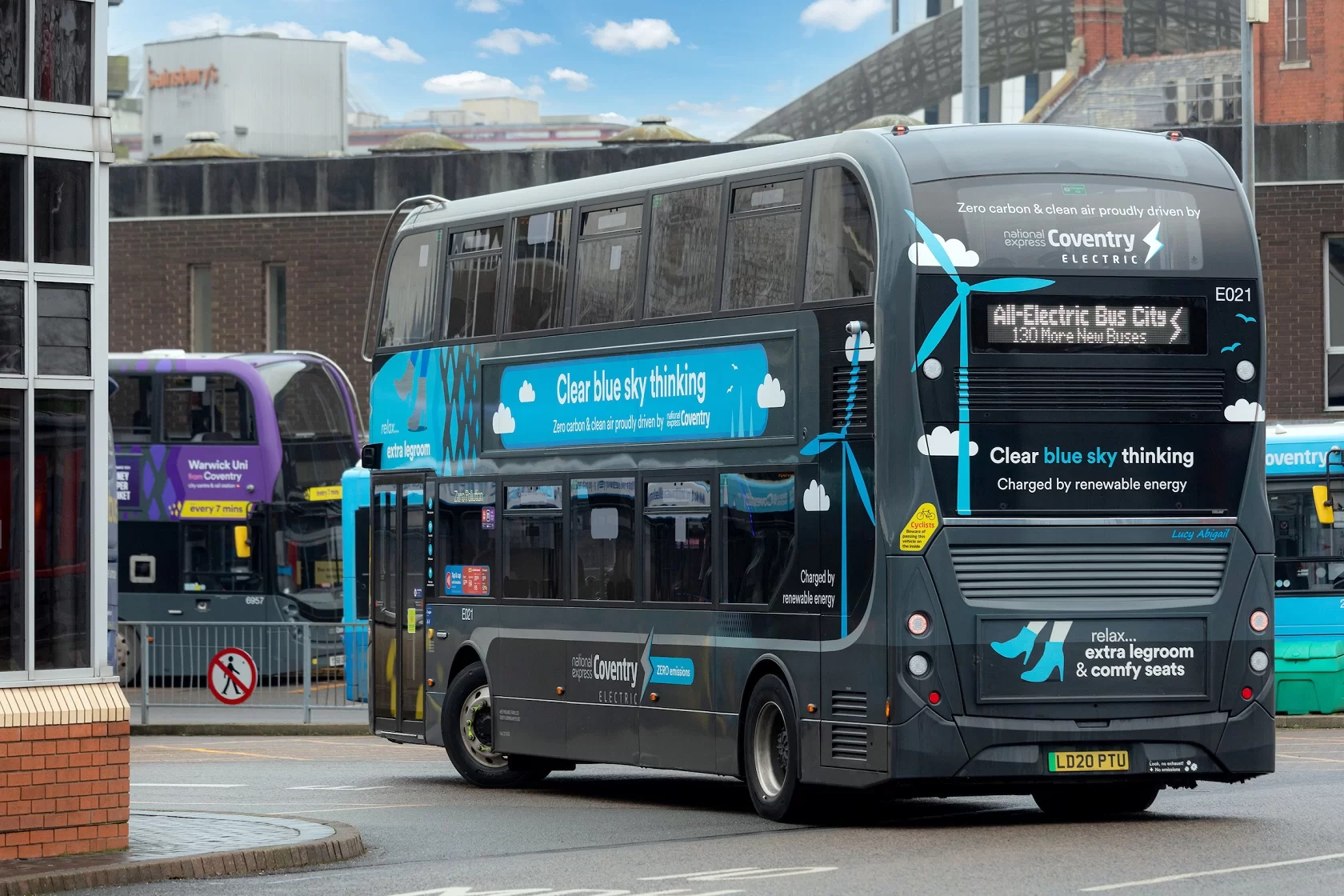One of the biggest startup fundraises of 2023 went to a company that’s never taken any venture capital cash: UK-based Zenobe.
The climate tech, which builds energy storage batteries and provides electric buses to bus companies, raised £600m from KKR — an American private equity, infrastructure and real estate investor — and £270m from Infracapital, an infrastructure fund backed by Abu Dhabi sovereign wealth fund Mubadala.
It’s part of a cohort of startups building climate infrastructure that are increasingly turning to private equity and infrastructure funders over VC, which has long been the lifeblood of the software-dominated startup scene.
“We skipped the VC stage,” says cofounder Steven Meersman. “We were too small for private equity, we were too new for infrastructure, but we were too capital intensive for venture capital.”
Surfing the battery wave
Zenobe was founded in 2017, at a time when the UK was starting to build more solar parks and wind farms.
Its team had spotted an opportunity inherent to the green transition: to ensure a stable electricity supply as we transition to renewables, we need more storage capability. If the wind is blowing strongly, for example, wind farms produce more electricity than the grid needs — which often results in the turbines being turned off.
The company started acquiring batteries. They capture excess energy from wind farms and then deploy it into the grid when demand is higher and the wind isn’t blowing, reducing the amount of gas power needed to fill in the gaps.

Zenobe has 750 megawatts of grid-scale batteries in the UK. The country had 3.5 gigawatts of capacity in total at the end of 2023 — 3,500 megawatts — meaning Zenobe holds more than 20% of the total. The UK’s National Grid has said 13 gigawatts will be needed by 2030 to support a greener grid.
Every Thursday
Climate Tech
The sustainability stories and stats that startups and investors need to know.
By Freya Pratty
Millions in debt
Zenobe’s next move was to start helping companies on their green transition: beginning with bus companies. Switching a fleet of buses to electric vehicles is expensive for bus companies. Banks are typically only willing to offer finance solutions over an eight to 10-year horizon, meaning big monthly payments at the start of the vehicle’s life — which can be as long as 25 years.
To help, Zenobe provides companies with the upfront capital to buy both charging infrastructure and electric buses.
Zenobe finances the loans through debt financing secured from banks and other financial institutions. By aggregating loans together into a larger debt package and by sharing the risk across a portfolio of contracts, it’s managed to convince the banks to offer longer pay-back times.
That then allows the bus companies to pay Zenobe, and in turn its debt financing facility, back over a longer time period — and with lower monthly payments — than if the bus company went directly to a bank.
In May, Zenobe secured £410m in debt financing from Aviva, Lloyds, Natwest and Societe Generale.
Bus companies can also lease vehicles from Zenobe. The company recently signed a deal with the British bus company National Express to lease 130 electric buses made by Chinese EV maker BYD. Zenobe then charges the bus companies a monthly fee that covers the vehicles, battery replacement and operational support.
KKR comes on board
Zenobe’s first debt deals came from banks Santander, Natwest and Rabobank. In 2020, it raised £150m from Infracapital.
In September last year, KKR and Infracapital took joint control of the company when they put in a combined £870m (KKR put in £600m). Sky reported that the deal saw the two funds buyout £500m of existing shareholder capital; Zenobe told Sifted it could not comment on that side of the transaction.
KKR’s investment in Zenobe follows a new climate strategy launched by the firm in 2023, through which it plans to back climate infrastructure bets earlier than it did before.
“Most capital in climate is at the low end of the risk-return spectrum, focused on operating assets, or at the high end in venture capital or breakthrough technologies,” KKR’s head of infrastructure Raj Agrawal told an investor day earlier this year. “We’re planning to attack the middle with an infrastructure-led mindset.”

Infrastructure funders will hope that betting early on newer business models will have more growth potential, and therefore greater returns, than traditional infrastructure bets.
Zenobe fits the bill: it’s deploying proven technology but with an innovative financing approach.
“We were always the odd ones out,” says Meersman. “It’s sort of ‘growth infrastructure’: we’re building infrastructure projects — but we’re a company that doubles or triples in size every year and does, what I like to think, are groundbreaking things driving industries forward.”
Zenobe is active in the UK, Belgium, Ireland, Finland, Spain, Netherlands, Australia and the US. KKR’s strong brand in the US will help the company expand further there, Meersman says.
Read the orginal article: https://sifted.eu/articles/zenobe-battery-energy-storage-kkr/


